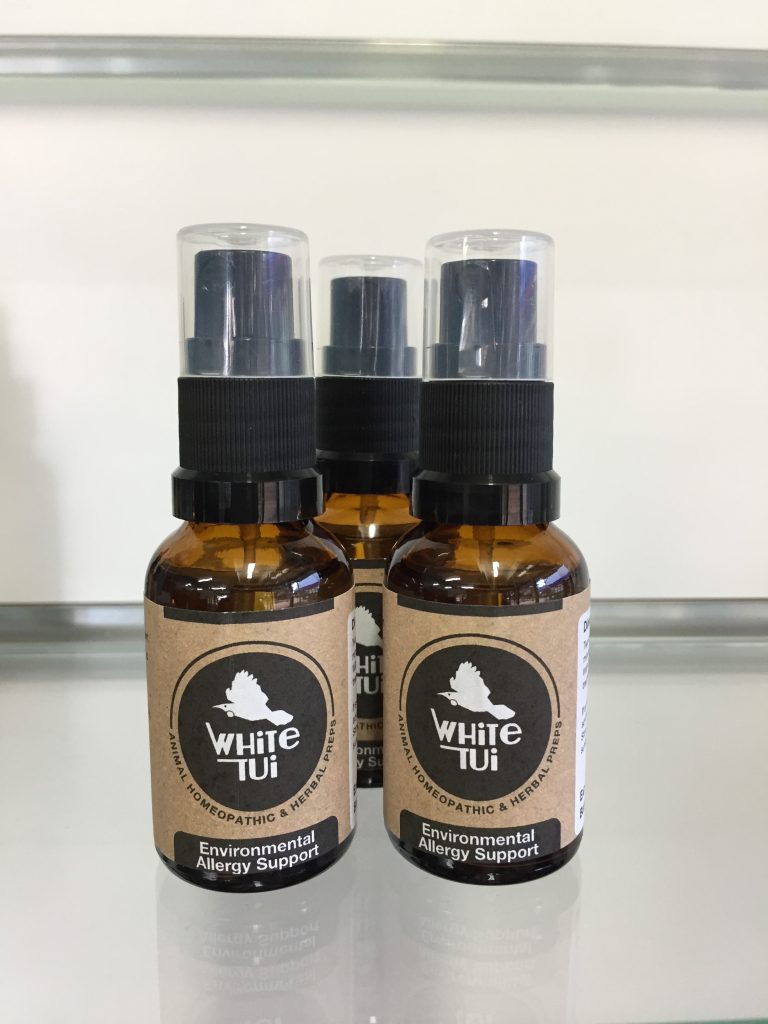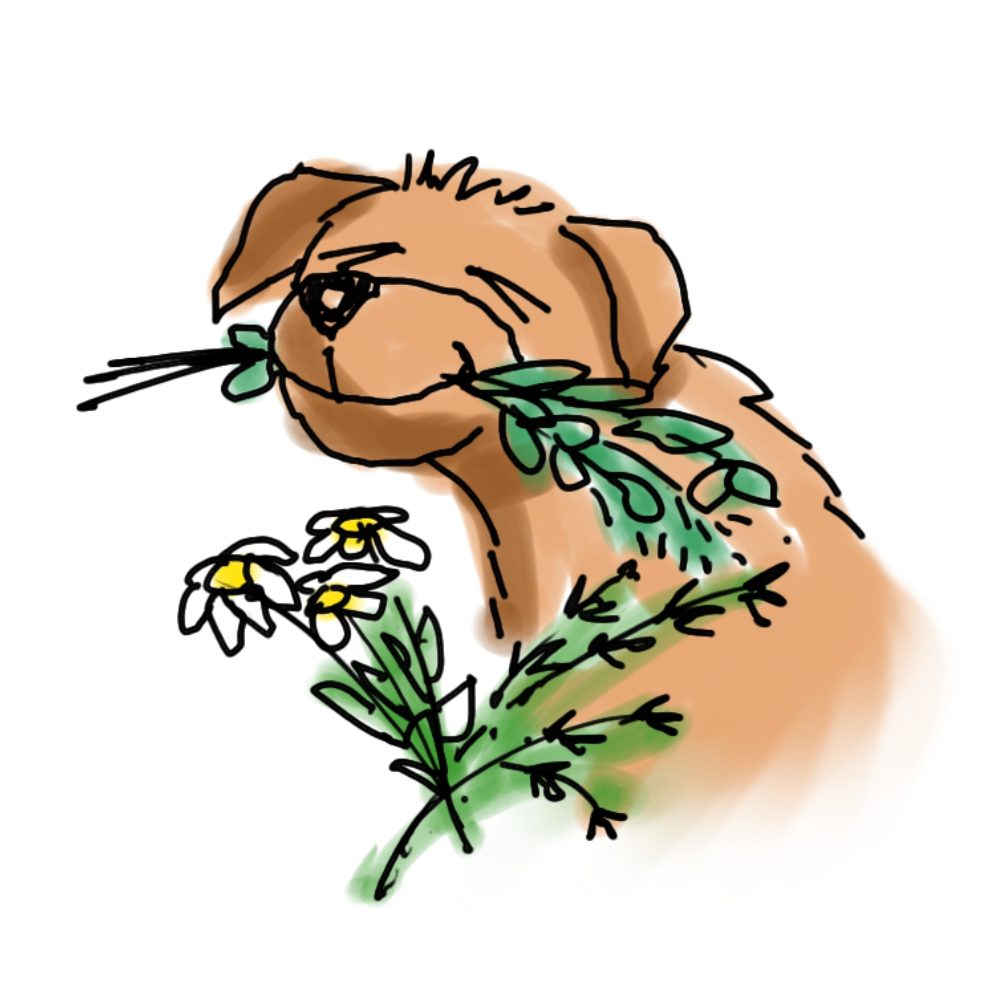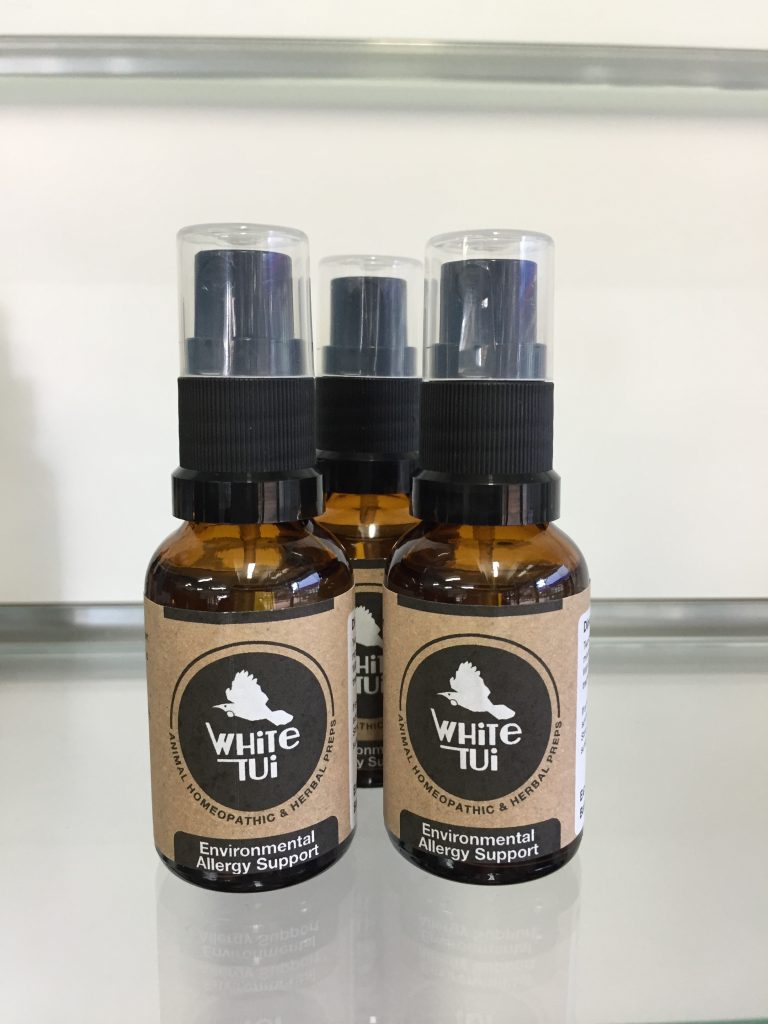Major Causes of Skin Issues in the Dog and Cat
General Unwellness- recognising the first signs
The coat is often the first indication of the pet being unwell. This may be due to something simple like needing to be wormed or a red flag ‘take a closer look’.
The coat may thin, become coarse, excessive shedding, looking unkempt, appearance of ‘dandruff’ scurf, have an odour (often ‘mousy’), loss of hair, pulling at it.
Action Plan: Check worming, your flea program,
watch thirst/appetite/stools/urination/discharges (eyes, ears,vulva,penis) ,mouth odor, nausea (excessive drooling), hydration levels, changes in behaviour. Itching patterns.
Think back to when it started, what happened then?
Stress & Trauma – sometimes overlooked by veterinarians
– surgical, physical, emotional, mental, grief. Nibbling at the feet, worrying parts of the body, excessive itching for no apparent reason, change of habits, change in demeanour.
Action Plan: Check possible causes of stress. Anticipatory anxiety – homeopathic Gels. Grief – homeopathic Ignatia, Change of home/circumstances – Bach Flower Walnut. Surgical –physical trauma or anaesthetic after affects – check out the White Tui Emotional Trauma, homeopathic Phos. Add Vit C to meals, as the pet will be using more than they can produce during times of stress.
Fleas – not always the main cause
– regular combing throughout the year is a must-do in our climate. Use Flee Flea in the food daily. Add a few drops of eucalyptus oil to the rinse water when bathing or washing bedding etc. Fleas are opportunists so if your pet suddenly has heaps of fleas it may pay to check out their general health status too. Google the nasty contents of your chemical flea control – one of our leading causes of behaviour changes in cats and epilepsy in dogs!
Flea repellent: a couple of drops of lemon, eucalyptus and neem oils into a solution made from slicing a lemon into 1 cup boiling water and left overnight. Omit the lemon oil if using it for your cat. Wet hands and apply by rubbing into coat. Bedding – cedar shavings, eucalyptus leaves, dried bunches of rosemary and lavender placed underneath, deter fleas. Do not use pennyroyal – can be toxic.
Diet – the devil’s often in the cat food and dog food diet,
the greatest cause of skin problems. If you MUST feed dried food never combine it with wet or fresh – an itch waiting to happen. The same with NZ beef, sometimes chicken, even lamb. Watch excessive fat/too lean a meat in the diet, this can be reflected in a skin that is oily to touch too. Over acidity underlies many skin issues – too much prepared/processed food, meat… alkalise with cooked vegetables (these can also be added to your dried food without causing a problem). An indication of an acid/alkaline imbalance is when their urine kills the grass or your shrubs– it shouldn’t!
Add ACV to meal daily. If your veterinary visits are about recurrent anal gland problems these are often dietary related and please don’t have them removed. There are some excellent homeopathics and some simple dietary additions like vegetable fibre which work a treat.
Vaccinations – overuse and abuse, less is more
– the skin is the largest organ and often the first to reflect a challenge. Use homeopathic Thuja, to negate the ill effects. Vacs were never intended to be annual. Over vaccination is a leading cause of ill health. Options are the homeopathic Nosodes – check the White Tui website.
After effects of drugs/illness
– anaesthetics –homeopathic Phos, Avena, De tox – see White Tui De Tox.
Metabolic, Endocrine : May show on blood tests but often flies under the radar. Adding a little kelp to the diet (esp. with females). Unfortunately with dried food it does not consider NZ’s special needs in diets low in selenium, cobalt and iodine. There are specific herbs and homeopathics that can assist in regulating these issues without resorting to drugs,.
Hormonal: Overlooked and under prescribed
This is often the predisposing cause especially when the pet has been veterinary desexed too young (most of them). Depending on the personality there is much that can be done to regulate even years after de sexing with both homeopathics and herbal medicine. I would also add EFA’s to the daily diet as these are the precursors to the sex hormones (Omega 3,6 & 9 – not just one of them). Alopecia and hair pulling is mostly stress and/ or hormonal.
Allergies; the path to riches for the veterinary skin specialist
Obviously there are the ‘allergen’ contact remedies for grasses, pollens, Wandering Jew, Privet, House dust & Mites, pine etc, which can treat specific allergens but it’s best to prevent the occurrence.
‘Contact’ allergies tend to develop on the belly (especially the hairless parts), the pads, and around the mouth. The allergic reactions may then become more generalised, depending on the dog’s ability to deal with the allergen challenge. My question is not why these dogs have allergies, but WHY certain dogs are more susceptible than others. My rotty can play amongst the Wandering Jew with absolutely no signs of an itch; other dogs have only got to sniff at it to become a bundle of misery. Every dog is different and reacts differently. Eliminating possible pre-disposing causes is a step in the right direction rather than just ‘patching up’ the itches, rashes, weepy eyes etc. There are a range of homeopathic remedies suitable for the type of skin symptoms displayed by these two different dogs; it is just a matter of finding that one that most closely matches the symptoms of the whole dog.
Inhalant allergies may cause a generalised itching. Would advise the White Tui Environmental Allergy Support for both conditions and apply with the White Tui Healing Cream or Colloidal Silver Gel to hairless parts to prevent infection.
Ageing: It happens
The skin loses its elasticity and ability to withstand outside challenges. Use Hemp Oil daily in the food or if unwell, the EFA’s suggested above.
Chemical Exposure: Usually never considered in skin problems
Indoor insect sprays, household products, lawn and garden sprays. Use a good de tox (White Tui have one) and add Vit C to meals for a month.
Growths: If in doubt, cut it out
Warts, often appear from over vac or just ageing. Possibly of viral origin and can occur when the body’s immune system is low. Vitamin A may assist warts to disappear. Vitamin E taken orally and also applied topically, is additionally beneficial. Consider Causticum, (usually older dog) Thuja, Nit ac.or Calc (usually soft pink warts blessed by the Bichon and other little breeds.).
Lipomas: These are fatty cysts, which should not be excised unless causing a problem. I like this combination – homeopathic Baryta-c, Conium and Causticum that may reduce their size and sometimes gets rid of them altogether.
Anti parasitical or mange washes – backyard ones that work
Using boiling water, fill a large bucket or tub and add sliced lemons (enough to well cover the surface) and a few cloves of garlic. Leave for a week, preferably in full sunshine. Using some of the water from this bucket, add a few drops of Echinacea tincture, chamomile, lavender or eucalyptus oil. Bathe the dog thoroughly with the lemon-soaked water. Top up with water and add more lemons and garlic. Don’t worry if water and older lemons start looking gungy. Repeat the washes every 3-4 days, topping up bucket with more water, lemons and garlic.. Continue for about 3-4 weeks.
Ringworm in pets and horses – easy on the pet bill pocket
Clip around local affected areas; this inhibits the spread of fungal infection. Apply straight lemon juice to the parts. Alternatively, if widespread, use plantain (which will definitely be growing near you) – put the chopped whole plant into a pot (not an aluminium one), adding one cup of water to ½ cup of plantain. Boil 5 mins, steep another 5 mins. Strain, cool. Add a few drops of manuka oil, calendula or echinacea tincture and ½ cup cider vinegar. Massage this liquid twice daily into the skin.
Alternatively make a strong infusion of Calendula and Chamomile and wash affected area twice daily. (great for thrush as well!) Remember, ringworm is contagious, so hot soapy water to hands and clippers. Dispose of hair carefully. Disinfect all bedding by soaking in 1/10 bleach solution.



